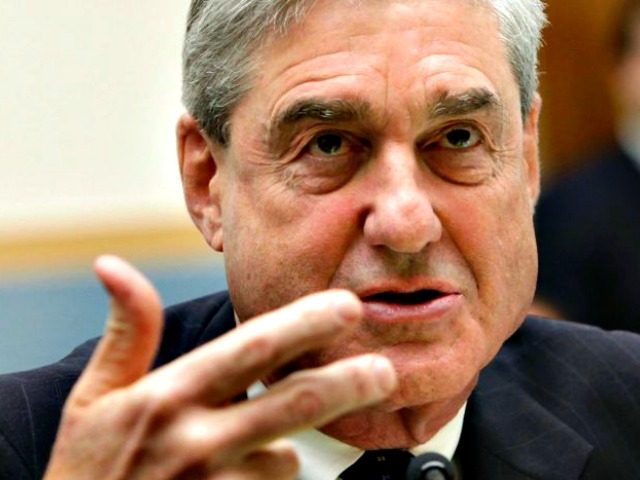Deputy Attorney General Rod Rosenstein installed George W. Bush-appointed ex-FBI Director Robert Mueller as special counsel Wednesday to oversee the FBI’s investigation of Russian interference in the 2016 presidential election.
Because Attorney General Jeff Sessions previously recused himself from the investigation, Rosenstein is acting Attorney General, with all the powers that entails, for purposes of the Russia probe. As such, Rosenstein has full authority to unilaterally pass responsibility off to Mueller, who will continue the already months-long investigation without reporting through the normal FBI and DOJ chain-of-command.
Rosenstein’s decision came after Washington exploded into speculation Tuesday over the New York Times report that a “Comey Memo” showed that President Donald Trump had suggested in a private conversation that now-ex-FBI Director James Comey “let it go” with regard to now-fired National Security Advisor Michael Flynn.
Rosenstein explained in the press release accompanying the appointment that “unique circumstances” led to his determination that the appointment of a special counsel was in the public interest:
My decision is not a finding that crimes have been committed or that any prosecution is warranted. I have made no such determination. What I have determined is that based upon the unique circumstances, the public interest requires me to place this investigation under the authority of a person who exercises a degree of independence from the normal chain of command.
Mueller served a full 10 year term as head of the FBI under both Presidents Bush and Barack Obama, in the immediate aftermath of the September 11th attacks. According to his order of appointment, Mueller’s purview will include all FBI investigation into:
(i) any links and/or coordination between the Russian government and individuals associated with the campaign of President Donald Trump; and
(ii) any matters that arose or may arise directly from the investigation; and
(iii) any other matters within the scope of 28 C.F.R. §600.4(a).
Regulation 28 C.F.R. §600.4(a) is part of the federal regulations authorizing special counsels. It expands a special counsel’s jurisdiction to all crimes, such as perjury or obstruction of justice, that interfere with his original named responsibility.

COMMENTS
Please let us know if you're having issues with commenting.